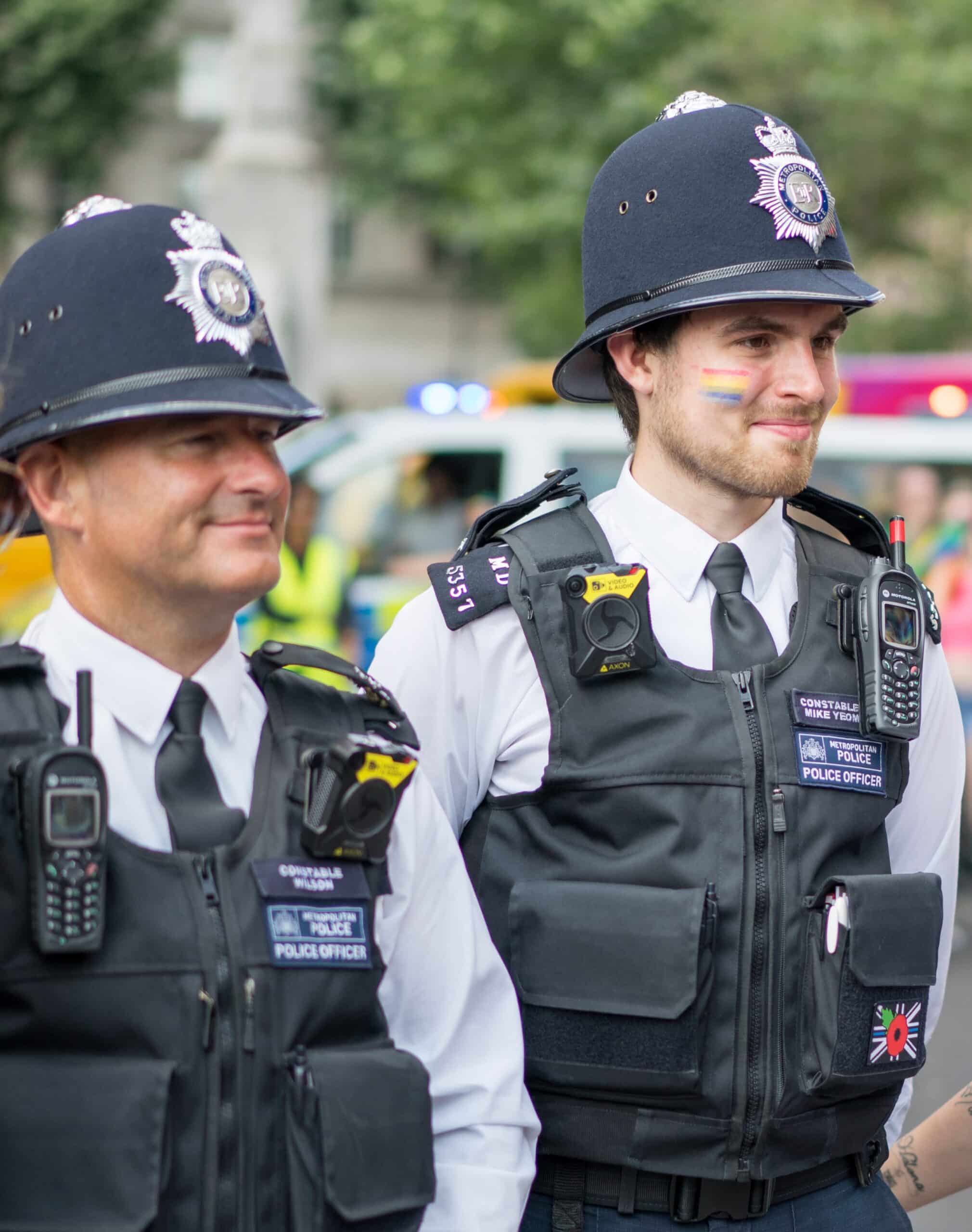
Finito World
It’s not a good time for the Met, to put it mildly. The murder of Sarah Everard, together with the publication today of Baroness Casey’s damning report into institutional issues regarding homophobia, racism and misogyny will only add to the perception that a career in the police is almost as bad as a career in crime itself.
Of course, there are still things to be said in favour of working for the police. Working in law enforcement, specifically for the police force, has been a career path that many individuals have found to be both rewarding and challenging.
One notable benefit is job security. The police force has a steady stream of demand, which makes finding a job in this field relatively easy: recent government statistics show a 4.2 per cent increase in full time officers in 2022, with over 140,000 full time officers. Moreover, law enforcement agencies tend to provide officers with competitive salaries, benefits, and pension plans. Additionally, police officers have a clear career path, with opportunities for advancement in rank and specialisation.
At its best a career in the police also gives you a sense of community that can be hard to find in other professions. Police officers work in teams to protect and serve their communities, which can foster teamwork and camaraderie among colleagues. The police force also offers opportunities to participate in community outreach programmes and public safety initiatives. In addition, the work can be undeniably rewarding, in instances where crime has been prevented,
Another plus point is that police work provides access to continuous learning and training opportunities. The police force offers specialised training programmes for officers to develop skills in areas such as forensics, criminal investigations, or counterterrorism. Joiningthepolice.co.uk lists the typical mentoring you’ll receive in the police:
“Around 18 – 22 weeks classroom-based training – you’ll learn a lot about various aspects of policing, the law and procedures but don’t worry, it’s definitely not boring! It’s normally broken up by role plays and practical sessions.
You’ll receive first aid and personal safety training.
You’ll also undertake a driving course to give you the on-the-road skills you need to do your job.
You’ll then typically be assigned to a tutor and spend around three months as part of a response rota, developing your on-the-job skills and experience, from taking statements to diffusing tense situations and making your first arrest. Officers can also choose to specialise in specific areas of law enforcement that interest them, such as community policing or detective work.”
On the other hand, police work can be stressful and dangerous, particularly for front-line officers who are often exposed to life-threatening situations. Officers may also have to work long hours, including weekends and holidays, which can be challenging for those with families. The high-stress nature of the job can also lead to burnout and mental health issues, such as depression and anxiety. On Glass Door, job satisfaction is a relatively low three out of five stars with some staff complaining of lack of central government support and an invisible management structure.
As today’s report shows, there’s an increasing amount of public scrutiny with the police, meaning that morale can sometimes be low among the majority of the police who do not deserve criticism. There are still commentators, such as Peter Hitchens, who argue that the force should be disbanded altogether so remote has it become from its original nature.
That pressure is likely to increase as a result of today, but it will likely remain a career with many of the positives described above.